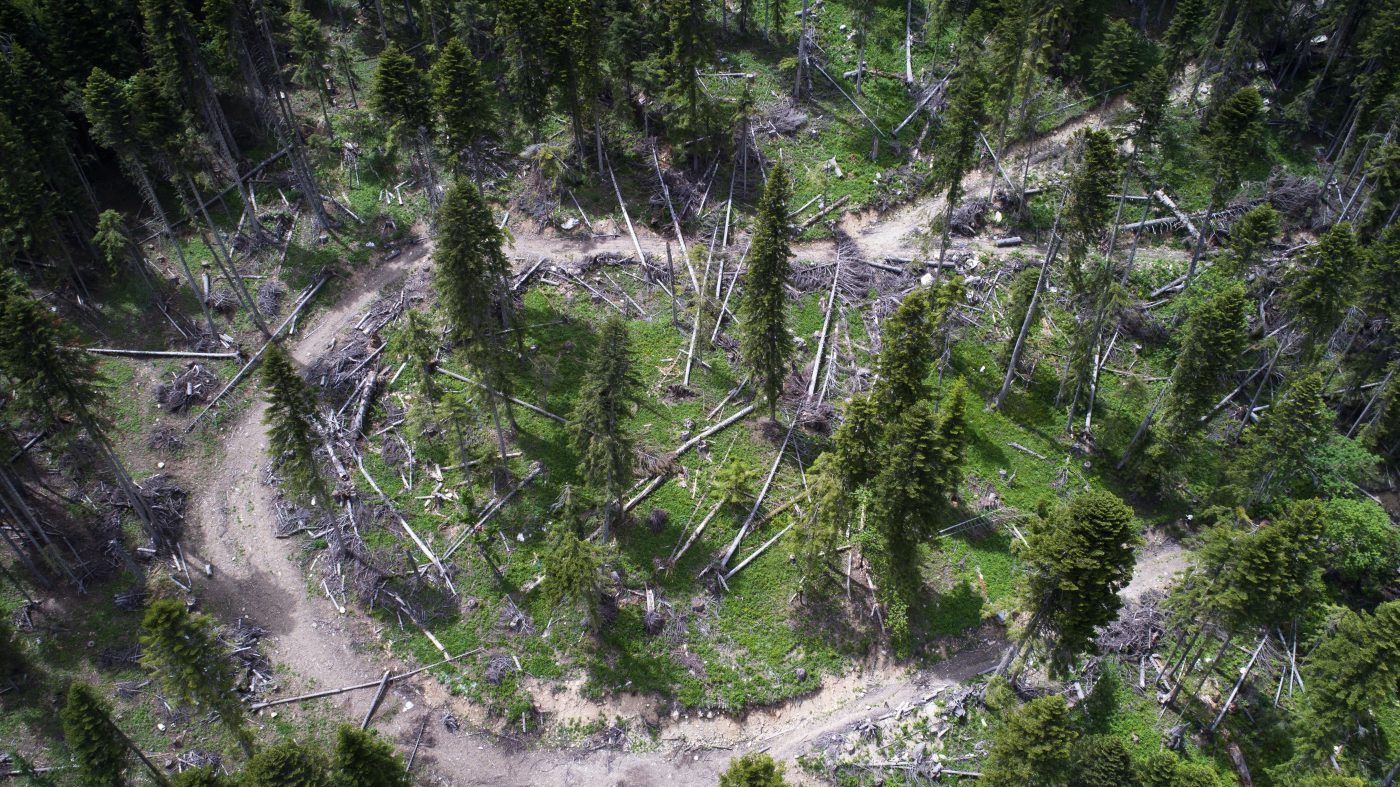U.S. anti-money-laundering infrastructure has weaknesses that enable this kind of activity, said Julia Yansura, program director for environmental crime and illicit finance at the Financial Accountability and Corporate Transparency (FACT) Coalition.
She said the country requires “shockingly little” information to register a company, making it easy for actors involved in environmental crime to create a shell company.
She cited the case of Colombia’s second-biggest gold exporter, which allegedly laundered more than $1 billion through a series of shell companies to conceal that it had been illegally mined, exporting almost all of it to two Miami refineries.
Susanne Breitkopf, a deputy director of the Environmental Investigation Agency’s Forest Campaign, pointed to a recent case in which a Florida-based couple smuggled timber harvested in Russia and manufactured as plywood in China, using several different shell companies that both obscured the true supply chain and evaded duties.
Yansura also noted that the real estate system allows actors to obscure the identity of the buyer if they pay upfront rather than through a mortgage.
In one such case, former Peruvian President Alejandro Toledo allegedly accepted more than $1 million in bribes from a Brazilian company involved in deforestation of the Amazon and then bought real estate in Maryland to hide the money.
More broadly, Interpol estimates that environmental crime such as poaching and illegal logging generates up to $281 billion a year, making it the third-most lucrative illegal business worldwide.
One bureau within the Treasury Department — the Financial Crimes Enforcement Network (FinCEN) — has a mandate within the department to “follow the money,” officials with FinCEN told The Hill.
An official added that “we see [environmental crime] as a priority for the agency — we deal with every single type of crime but this is an especially important one.”
Read more in a full report at TheHill.com.










